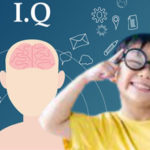Piano is one of the most popular musical instruments today, but not many people are aware of the benefits that this hobby can bring. Learning to play the piano nurtures the soul and allows one to appreciate each melody with their heart, but it also stimulates brain development in children. So, when is the right time for parents to introduce their children to the piano?
Let’s explore the benefits of learning the piano below.
1 When is the Right Time for Children to Start Learning Piano?
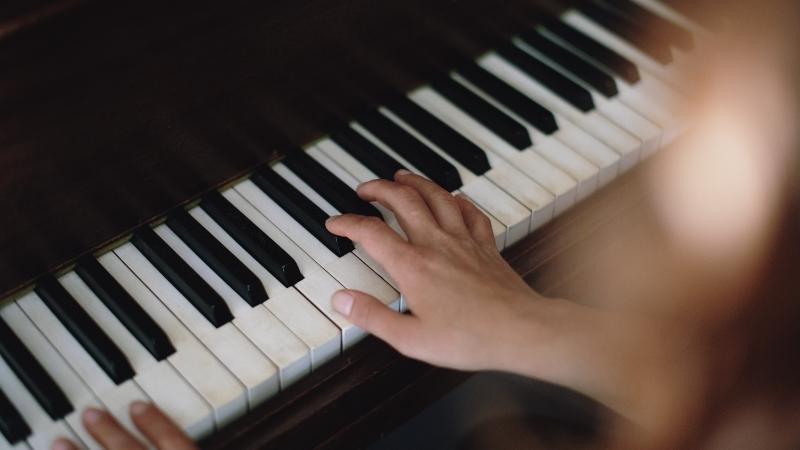 When is the right time for children to start learning piano?
When is the right time for children to start learning piano?
The age range of 0 to 6 years old is considered the “golden period” for brain development and the discovery of children’s talents. Research has shown that even before birth, or during pregnancy, parents can expose their unborn child to music, allowing them to hear and feel the melodies.
However, the ideal age for children to start learning the piano and basic techniques is around 4 to 5 years old.
The best time to start piano lessons varies for each child, so parents should observe whether their child meets the following conditions before considering signing them up for piano lessons.
The child’s hands should be big enough
Piano keys are usually quite large, so to play comfortably, a child’s hand should be able to rest on five adjacent white keys. Parents can also test their child’s readiness by asking them to move their fingers to play three black keys and three white keys together.
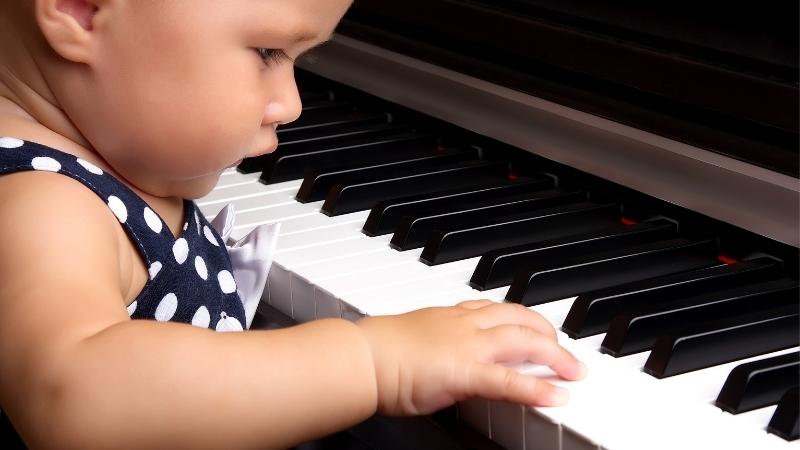 The child’s hands should be big enough
The child’s hands should be big enough
Additionally, parents can practice finger exercises at home with their child, focusing on the ring finger as it is the most challenging finger to move independently.
The child has an interest in learning the piano
A child’s interests should be a priority for parents. Every child has unique abilities and develops at their own pace, so it is essential to allow them to grow naturally and not force them into activities they are not passionate about. Children have the right to be loved and to explore their curiosities.
If parents notice that their child exhibits an interest or talent for the piano, they should encourage them to give it a try!
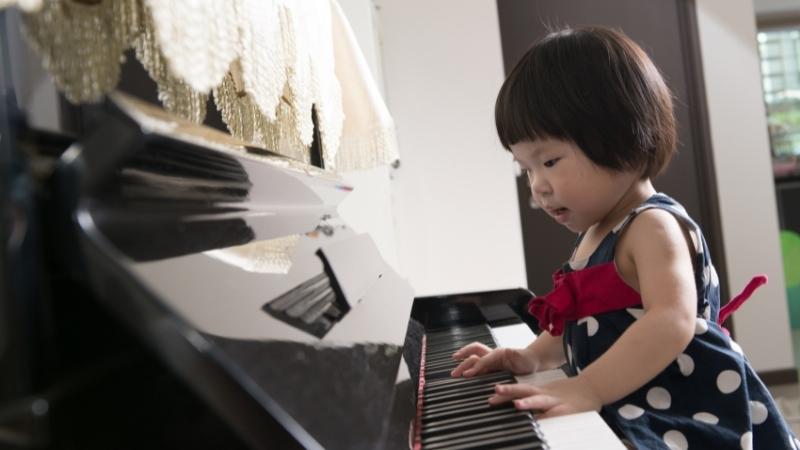 The child has an interest in learning the piano
The child has an interest in learning the piano
The child’s fingers can move independently on the piano keys
Finger dexterity is crucial for playing the piano. The child’s fingers should be able to move independently and with flexibility. If a child can only use their index finger to play the notes, they may not be ready for piano lessons yet.
 The child’s fingers can move independently on the piano keys
The child’s fingers can move independently on the piano keys
Therefore, parents should observe their child’s finger movements and create a practice schedule to help them develop smooth and comfortable finger techniques when playing the piano.
2 Benefits of Learning Piano
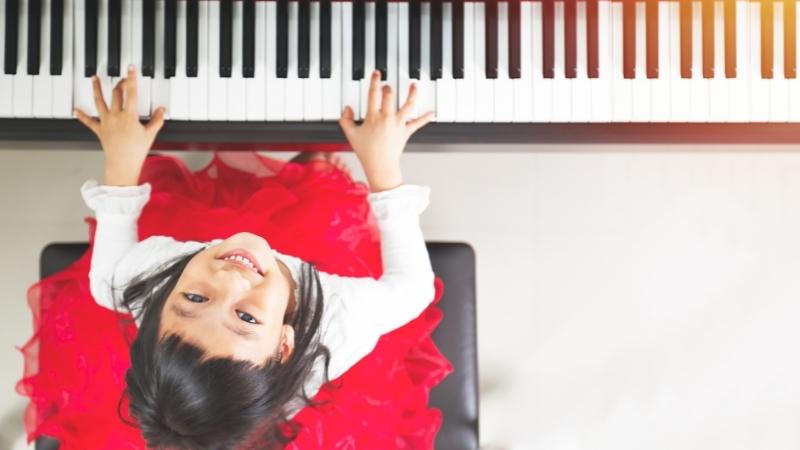 Benefits of learning piano
Benefits of learning piano
Below are some significant benefits of introducing your child to the piano
Learning piano promotes brain development
Studies in the United States have shown that learning the piano before the age of seven can accelerate brain development and cognitive function. It enhances a child’s ability to perceive and understand music, increasing neural connections, especially in the brain. This positive change in the brain can have long-lasting effects.
Learning piano improves language skills
As you may know, learning to play the piano or any other musical instrument can increase a child’s IQ. This, in turn, helps them to more easily acquire new languages and understand the emotions of others. Introducing your child to a musical instrument early on can help them discover their talents and potential at a young age.
Learning piano improves body coordination
Playing the piano requires smooth and coordinated movements between the hands and eyes. The hands must glide over the keys while the eyes focus on the sheet music and the various functions of the piano. This coordination enhances a child’s agility and quick thinking in challenging situations.
 Learning piano improves body coordination
Learning piano improves body coordination
Indeed, parents should encourage their children to explore their passions during this critical developmental stage. Learning the piano not only helps children regulate their emotions but also improves their overall body coordination.
Learning piano improves concentration
Whether it’s learning a new language or studying academic subjects, concentration is key. The same is true for learning the piano. Reading sheet music, understanding notes and rhythms, and then translating that into finger movements on the piano requires intense focus and concentration.
Playing the piano helps children develop a serious and disciplined approach to learning and understanding new concepts.



























